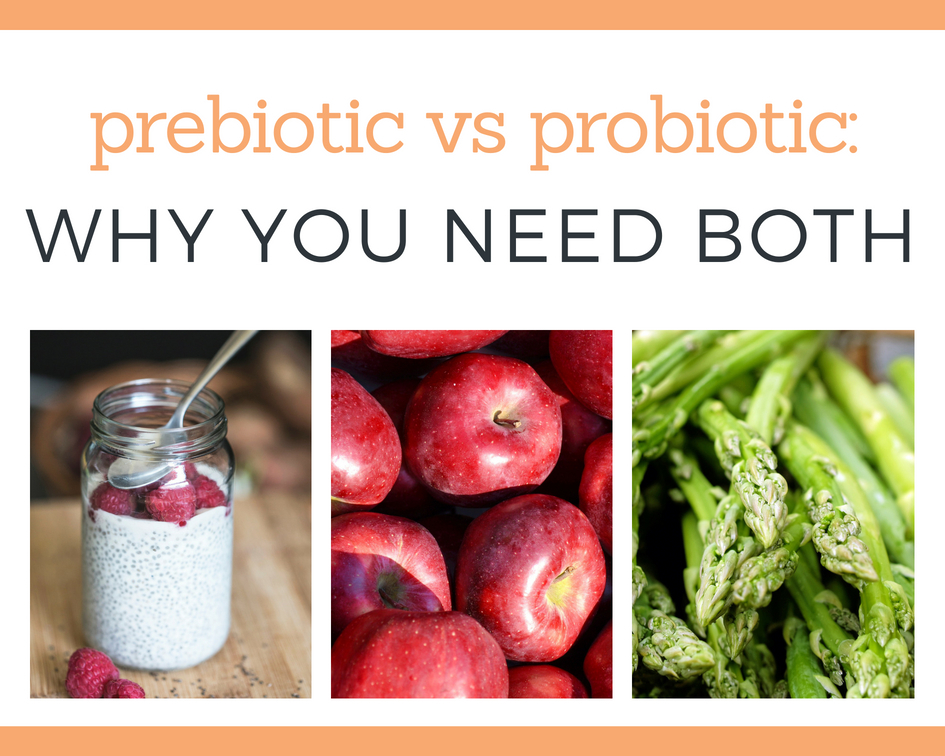Did you know that your gut is where 80% of your entire immune system is located? Think about it, that is where we expose the body to the most foreign substances, so that is where we need the most protection.
Recent research has also revealed that there is a significant connection between the health of the GI tract and the rest of the body, including the brain and the immune system. Taking care of your digestive system might be one of the most important ways you can take care of your entire body.
By now, you are most likely familiar with the term probiotics. Foods rich in probiotics and supplements are constantly being advertised. But what are probiotics?
Probiotics are beneficial bacteria that naturally live in the GI tract. They help with the processing of food, such as fiber, and even produce nutrients that are needed to survive like vitamin K and specific fatty acids. They also provide a barrier against harmful bacteria by crowding them out.
Probiotics are found in many foods naturally, including:
- Yogurt
- Kefir
- Buttermilk
- Supplements
- Sauerkraut
- Kimchi
- Tempeh
- Pickles
- Kombucha
Their rise in popularity has increased the number of foods that they have been added to and the number of supplements available as well.
However, what most people don’t realize is that if you don’t feed these good bacteria with the right food sources, they won’t stick around and thrive.
Prebiotic fiber is known as fermentable fiber. It’s fiber we can’t digest, but the good bacteria in our GI tract can thrive on and produce nutrients we can use as a result.
Prebiotics can be found in supplement form or naturally in food sources such as:
- Chicory root
- Dandelion greens
- Jerusalem artichokes
- Garlic
- Onions and Leeks
- Asparagus
- Bananas (the greener the better)
- Raw wheat bran
- Whole oats
- Apples
- Flaxseed
To ensure you are providing the right nutrients for a healthy digestive system, it’s essential to get BOTH probiotics and prebiotics in your diet.
